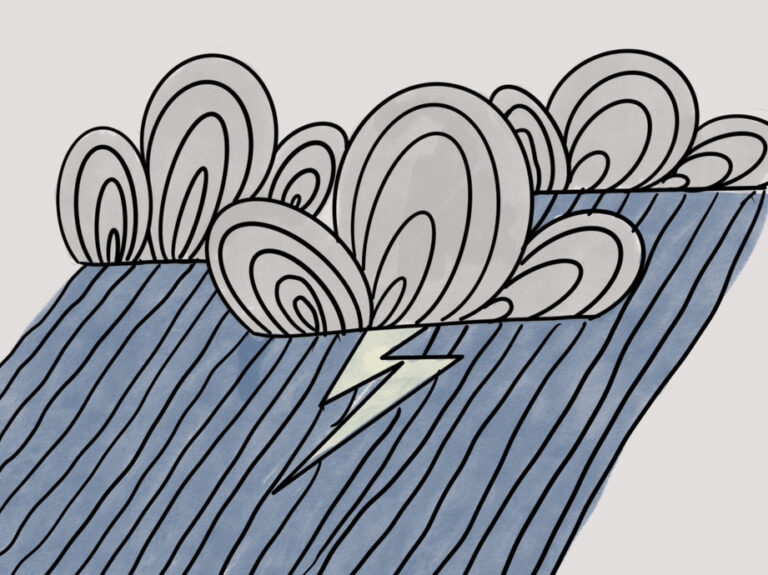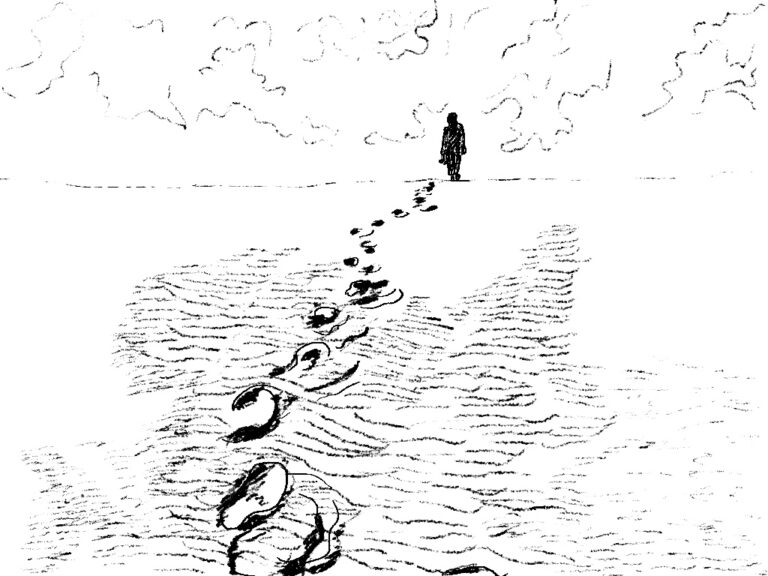“Miles to go before I sleep” – a tribute to Robert Frost’s poem
This very morning I heard a feeble voice inside whispering, “And miles to go before I sleep and miles to go before I sleep..” Yes, the guess was right. Those lines are from the very famous American poet, Robert Lee Frost’s most celebrated poem – Stopping by woods on a snowy evening.
Robert Frost was born on 26 March, 1874 in San Francisco (California, U.S) and died on 29 January, 1963, in Boston (Massachusetts). The poem was written in 1922 and published in 1923 as a part of his poetry collection New Hampshire which went on to win four Pulitzer prizes as well. He was also awarded the Congressional Gold Medal in 1960 for his contribution to the field of poetry. Here is how it goes:
Whose woods these are I think I know.
His house is in the village, though;
He will not see me stopping here
To watch his woods fill up with snow.
My little horse must think it queer
To stop without a farmhouse near
Between the woods and frozen lake
The darkest evening of the year.
He gives his harness bells a shake
To ask if there is some mistake.
The only other sound’s the sweep
Of easy wind and downy flake.
The woods are lovely, dark and deep,
But I have promises to keep,
And miles to go before I sleep,
And miles to go before I sleep.
This famous poem was introduced to me in school. Since then, it has been fed into my long term memory and has never left me. If my memory serves me well, I don’t think I have ever loved any other poem so passionately than this. I guess I could relate to most of the lines of the poem.
The poem is said to have been inspired by a tough winter in New Hampshire when Frost was returning home after an uneventful day at the market. Depressed by the financial shortfall to buy Christmas gifts for his dear children, he is said to have stopped his horse at a bend in the road to cry his heart out. As time passes, his horse gives his harness bells a shake as a reminder, and Frost gets a mood uplift to continue his way home.
The poem consists of four identically constructed stanzas of four lines, each with each line being written in iambic tetrameter, with four stressed syllables. It can be noted that in each verse, the first, second, and third lines rhyme but not the fourth. Albeit as an exception to the aforesaid, all the lines of the last stanza are rhyming. The rhyming scheme followed is AABA-BBCB-CCDC-DDDD.
Superficially, this poem presents itself as a straightforward piece of work, but deep down, there’s a lot to be uncovered. The backdrop of the poem is the journey of life and its intricate distractions that come along with it. To rephrase it – there’s so much to do in life but so little time in hand. The poem narrates the story of a traveler passing through a lonely snow-clad countryside on the darkest night of the year on a horse. The first stanza says he stops to watch the woods fill up with snow and totally becomes engrossed in sight.
The scene highlights a frozen lake since the houses in the dark woods are beyond the poet’s vision. It’s heavily snowing, and the poet can hear the extreme feeble sound of the wind blowing through the woods. The poet thinks the owner of the woods stays in the village, and he would not see the poet encroach on his property. There is no specification as to why the poet has stopped at this particular spot. According to Sharna Qazi, the dark woods symbolizes the dark, impassable, and incomprehensible mystery of life, and snow depicts the obscure and inevitable phenomenon-death. Physically the poet is caught in the woods on a snowy evening, and psychologically he is caught in the moment unable to find answers to the mysteries of life.
The second stanza of the poem tells that the strange behavior of the poet takes his horse by surprise. The horse sets us to think why would a person halt amidst the cold and dark woods without even the basic amenities around at sight. This stanza, by all probabilities, highlights the poet’s desire for self-annihilation to taste death.
And in the third stanza, the poet imagines his horse asking if there’s anything wrong. When his horse impatiently gives its harness bells a shake, the poet comes back to his senses and decides he should get moving ahead to his destination.
The poem’s language could be easily understood by an average school student. The absence of sophisticated style adds to the beauty of the work. The poet presents his dilemma common to all of us in everyday life. At one point, he wished to stay back and watch the woods fill up with snow, but at the other end, he and his horse have to move on and travel a long distance to reach their destination. In other words, he reminds his readers of the profound beauty of nature. He advises never to miss a chance to enjoy the allure of life. The poem significantly highlights the poet’s intense desire to escape from his daily struggles and escape somewhere closer to nature.
The line “miles to go before I sleep” is the most famous in the poem, with umpteen critics arguing over its repetition twice. It signifies the unfulfilled duties and responsibilities that need to be done while we are still alive. Due to its popularity, the lines have been often quoted by very famous personalities on various occasions.
When Robert Kennedy made a tribute speech after the assassination of President John F. Kennedy, he said,
“He (J. F. K.) often quoted from Robert Frost – and said it applied to himself – but we could apply it to the Democratic Party and to all of us as individuals: ‘The woods are lovely, dark and deep, but I have promises to keep and miles to go before I sleep, And miles to go before I sleep.”
The first Prime Minister of India, Pandit Jawaharlal Nehru, kept a copy of Robert Frost’s book close to him till his last years. He hand-wrote the final stanza of the poem on a pad that lay on his desk: “The woods are lovely, dark and deep/But I have promises to keep/And miles to go before I sleep/And miles to go before I sleep.”
When Canadian Prime Minister Pierre Trudeau died on 3 October 2000, his son Justin wrote in his eulogy:
“The woods are lovely, dark, and deep. He has kept his promises and earned his sleep.”
Needless to say, Frost’s poem surely deserves the heartiest appreciation for the exquisite and life-like portrayal of nature’s beauty in itself.
Pooja Warrier is a passionate HR professional with over 8 years of experience in helping enthusiastic professionals shape their career aspirations.
Featured Image Credits: Sri Harsha Dantuluri









Hiya, I’m really glad I have found this info. Today bloggers publish just about gossip and internet stuff and this is actually frustrating. A good web site with exciting content, this is what I need. Thank you for making this site, and I will be visiting again. Do you do newsletters by email?